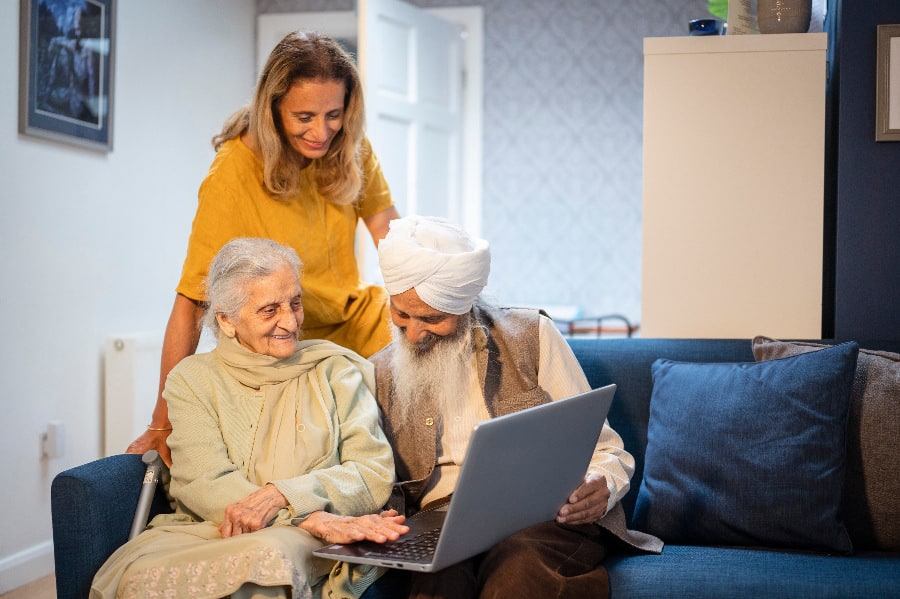87 per cent of GPs believe patients with early-stage dementia would benefit from technology
A poll of GPs in the UK funded by Alzheimer’s Society and Innovate UK has shown primary care doctors want to prescribe assistive technologies to patients diagnosed with dementia.
More than two-thirds of GPs in the UK would like to be able to prescribe assistive technologies to their patients when they are diagnosed with dementia, according to Alzheimer’s Society.
The nationally representative poll of GPs was conducted by the Longitude Prize on Dementia, funded by Alzheimer’s Society and Innovate UK, and delivered by Challenge Works. It sought to better understand appetite amongst primary care doctors for the use of technology in helping people and families affected by dementia.
Findings from the GP poll include 88 per cent believe that people with dementia who can live in their own homes will live more fulfilling lives, and 77 per cent believe that people living with dementia will live longer if they can remain in their own homes.
Additionally, 87 per cent believe the majority of their patients with early-stage dementia would benefit from technology that was designed for their condition.
Over three quarters of GPs surveyed worry that their patients may become trapped in their own homes because of anxiety and fear about getting lost in the poll.
Alzheimer’s Society says many of the GPs polled believe their patients would benefit from responsive tech such as an intuitive app to help them navigate their community, tech that reminds people to take medications, or smart glasses that could tell them who they are looking at.
Challenging the outdated stereotype that older people are tech-averse, half of GPs also say that the majority of their early-stage dementia patients use technology in their everyday lives.
Many GPs are already advising their dementia patients to use existing technology to manage their conditions, with 64 per cent of family doctors recommending tech-related hacks. These could include adding simple reminders to take medications on phones and smart speakers.
Alzheimer’s Society states that the findings also highlight the need for innovators to consider the progressive nature of dementia in the design of new assistive technologies so that they adapt to the person’s changing condition. 84 per cent say that technologies supposedly designed for all, like phones, tablets and TVs, are not designed with patients living with dementia in mind.
Kate Lee, CEO of Alzheimer’s Society stated: “It’s exciting that soon we may have potential new treatments that could slow the progress of Alzheimer’s disease, but alongside this we need to urgently push forward ways of helping people with dementia right now.
The Homeshare Association has released a report which provides a unique insight into the current homeshare market and what’s on the horizon.



